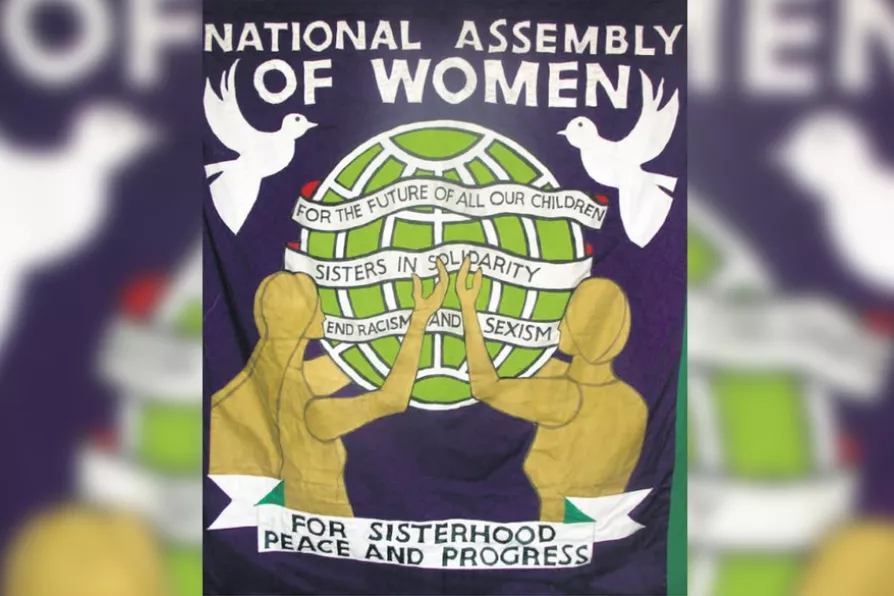The PM says Mandelson 'betrayed our values' – but ministers and advisers flock to line their pockets with corporate cash, says SOLOMON HUGHES


“STRIKING Women — Combatting the Stereotype” is the theme of the fourth seminar of the National Assembly of Women (NAW) 2024. The event is being held this weekend at the NASUWT education centre at Rednal, Birmingham, and will host an esteemed panel of speakers from across the movement, including Unison, Unite, RCM, PCS, TUC and the National Pensioners Convention.
The seminar will recognise and debate the role of women in leading, taking and supporting strike action, building industrial responses to improvements in pay, terms and conditions of workers, too many of whom are low-paid workers, often women workers in precarious employment sectors.
Unison speaker Jo Moorcroft will share with delegates an example of her union campaigning for NHS workers in the north-west region, where in 2022 alone, the union organised around healthcare assistants in Greater Manchester and won over £30 million in back pay for members.

Women are a vital part of the labour movement and have much to contribute, but there’s far more to be done to make sure that our sisters’ voices are truly heard, says PHILIPA HARVEY

Our charter’s demands for fair pay, affordable housing and environmental security will recruit working-class youth into the political struggle for socialism, emulating the success of the Women’s Charter, writes YCL general secretary GEORGINA ANDREWS












